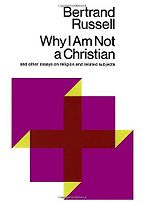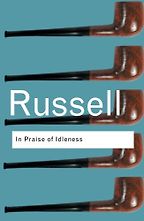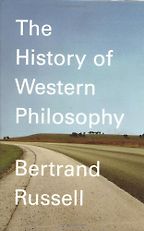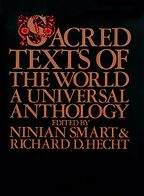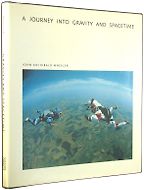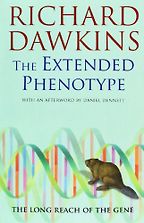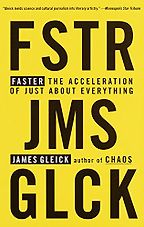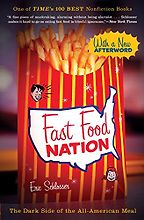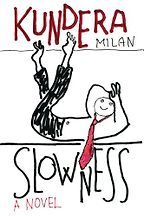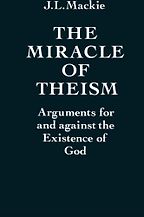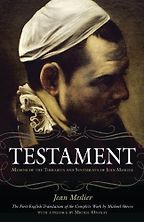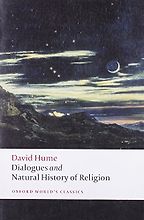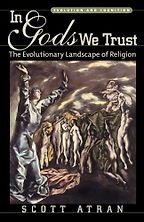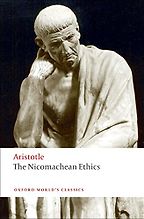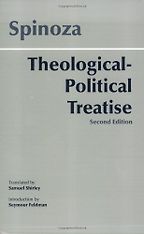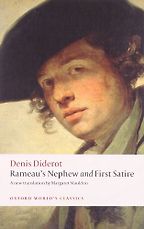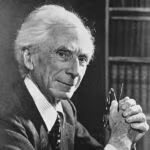
Books by Bertrand Russell
Bertrand Russell (1872-1970) was a British philosopher and logician. His books have been frequently recommended on Five Books and he was awarded the Nobel Prize in Literature in 1950 “in recognition of his varied and significant writings in which he champions humanitarian ideals and freedom of thought.” (He also plays a role in this graphic history).
“When I read that as a teenager, I was very impressed by it. I came back to it many years later and wrote a much more critical piece about it” Read more...
The best books on Atheist Philosophy of Religion
Graham Oppy, Philosopher
“It was written in 1932 so it’s from a different era, when there was still the landed gentry. His basic thesis is that one of the ills of the modern world is the lie that has been sold to us that work is a virtuous and ennobling thing. His argument is that that’s a form of social control – keeping people down by keeping them working. There’s also the puritan idea of idle hands being the devil’s workshop. He makes the counter-suggestion that we ought to be working less, and freeing up more hours to pursue leisure. There are different forms of leisure, of course, some of which is passive and probably not worth striving for. Russell’s argument is that if we went to a four-hour day, and rejigged our culture and social institutions accordingly, then mankind – from the top to the bottom of the social scale – would plunge into active, ennobling forms of leisure, and we would all live in a kinder, gentler society.” Read more...
Carl Honoré, Broadcaster
“It shows how people have grappled with all kinds of questions relating to knowledge over the centuries going back to Thales and Pythagoras, and then through to John Locke and David Hume. It is fairly modern – although, because it was published in 1945, it doesn’t come up to the present day. It is a summary (although in some people’s eyes, an unreliable one) of a great deal of philosophical thought; it reviews how people have really grappled in a seemingly very intelligent way with very deep questions.” Read more...
The best books on The Emergence of Understanding
Peter Atkins, Scientist
Interviews where books by Bertrand Russell were recommended
The best books on The Emergence of Understanding, recommended by Peter Atkins
Science is the only way to make sense of the world around us and the scientific method the only way to establish truth, says Peter Atkins, Professor Emeritus of Chemistry at the University of Oxford. Author of several chemistry textbooks as well as many popular science books, he recommends books that track the evolution of our understanding about the world around us, starting with an anthology of sacred texts and ending with Shakespeare.
The best books on Slow Living, recommended by Carl Honoré
In a culture obsessed with speed, the author of In Praise of Slowness, Carl Honoré, asks us to take a step back, from slower eating to unhurried thinking – and traces the leisurely history of the slow movement
-

1
Why I am not a Christian
by Bertrand Russell -

2
The Miracle of Theism: Arguments For and Against the Existence of God
by John Mackie -

3
Testament: Memoir of the Thoughts and Sentiments of Jean Meslier
by Jean Meslier -

4
Dialogues and Natural History of Religion
by David Hume -

5
In Gods We Trust: The Evolutionary Landscape of Religion
by Scott Atran
The best books on Atheist Philosophy of Religion, recommended by Graham Oppy
The best books on Atheist Philosophy of Religion, recommended by Graham Oppy
From the work of an 18th century atheist priest, to recent research in the cognitive anthropology of religion, atheist philosopher of religion Graham Oppy discusses the books that have been most influential to him.
The best books on Being Good, recommended by A C Grayling
What does a moral life entail? How does one achieve it? Philosopher AC Grayling picks the best books on “being good.”
